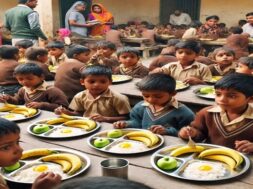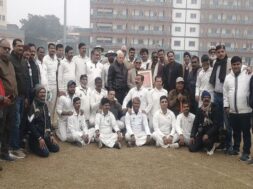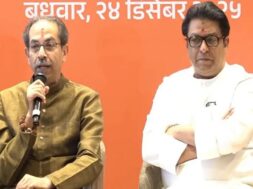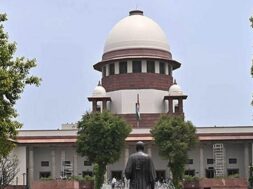
Virendra Pandit
Mumbai: The Indian economy has come out of the pandemic crisis and with a strengthening recovery, the winter of discontent will be made glorious summer, the Reserve Bank of India (RBI) said in an optimistic prediction.
The central bank’s January bulletin, released on Wednesday, said the ambitious vaccination drive against the COVID-19 pandemic has brought in a new optimism, and “barring the visitation of another wave, the worst is behind us.”
“Recent high-frequency indicators suggest that the recovery is getting stronger in its traction and soon the winter of our discontent will be made glorious summer,” the RBI, quoting William Shakespeare to describe the state of the economy, said.
“Recent shifts in the macroeconomic landscape have brightened the outlook, with GDP in striking distance of attaining positive territory and inflation easing closer to the target. If these movements sustain, policy space could open up to further support the recovery.”
India is opening up faster than other countries, with large states witnessing near normalcy in activities. “Domestic trading activity as reflected in issuance of E-way bills expanded at a brisk pace, even over a high base, posting a growth of 15.9 percent y-o-y – intra-state by 17.3 percent and inter-state by 13.8 percent.”
“In fact, the number of E-way bills issued during December 2020 was the highest, suggesting that the recovery is no longer aloft on the fleeting tailwinds of festival spending but is rising Phoenix-like on the wings of an intrinsic momentum,” the RBI said.
The RBI report said “domestic spending is normalizing rapidly,” while collections under the goods and services tax (GST) surged to an all-time high of Rs. 1.15 trillion in December, higher by 11.6 percent over a year ago.
“Business activity is regenerating in an ‘unlock’ mood, incentivized in substantial measure by a simplified return filing system. Consumer confidence is regaining its groove,” it said.
About the labor market conditions, it said these are improving with a gradual pick up in employment. The labor force participation rate recovered to 40.06 in December from a low of 35.57 in April 2020. With the gradual lifting of inter-state movement restrictions, labor force participation rates across most states have picked up to around pre-pandemic levels.
“It is likely that the employment situation would brighten even more in the coming months,” the RBI said in its report. Higher spending by the government, as witnessed recently, is “invaluable at a time when all other components of GDP are in deep retrenchment under the metastasis purveyed by the pandemic.”
While India’s current account surplus remained for the third consecutive quarter, it “continues to contend with sluggish absorptive capacity.” The surplus has started to shrink in the second quarter and may moderate further in the second half of fiscal 2020-21.
In the first half of the next fiscal (FY22), GDP growth will benefit from statistical support and may become mostly consumption-driven. India being the global capital for vaccine manufacturing, pharmaceuticals exports are expected to receive a big impetus with the start of vaccination drives globally. Agricultural exports would remain resilient.
“The need to kick-start investment is acquiring urgency to secure a durable turnaround and a sustainable growth trajectory,” the report said, adding the country must look for ways in which cash sitting idly in balance sheets of corporations and banks and reverse repo balances with the central bank finds is channelized into credit to productive sectors and into real spending on investment activity before it imposes a persistent deflationary weight on real activity.
“Stress in the financial sector’s balance sheet could intensify as the camouflage of moratorium, asset classification standstill and restructuring fades, but banks have entered the health crisis with stronger capital buffers than the global financial crisis,” the RBI bulletin added.















